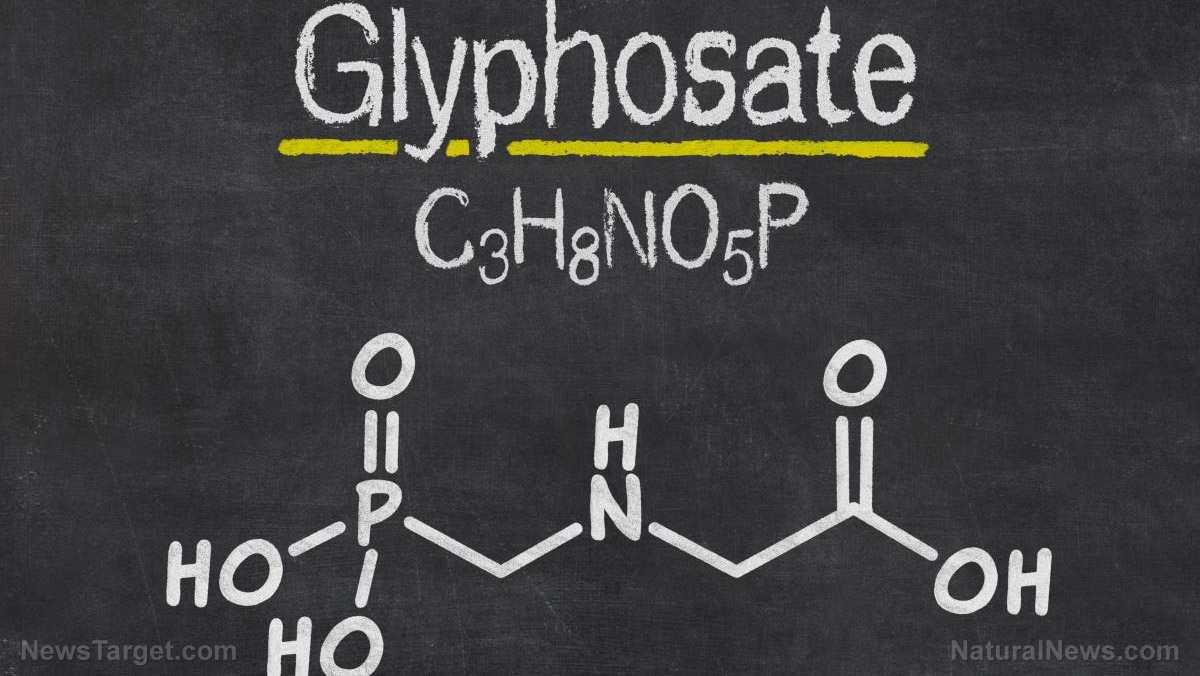Despite links to cancer, the EU proposes a 10-year license renewal for key ingredient in Monsanto’s Roundup
by Amy Goodrich, Natural News:
 The World Health Organization’s (WHO) cancer agency, the International Agency for Research on Cancer (IARC), classified glyphosate as “probably carcinogenic to humans,” which is the second-highest classification for substances that can cause cancer. Glyphosate is the main ingredient of Monsanto’s best-selling herbicide Roundup.
The World Health Organization’s (WHO) cancer agency, the International Agency for Research on Cancer (IARC), classified glyphosate as “probably carcinogenic to humans,” which is the second-highest classification for substances that can cause cancer. Glyphosate is the main ingredient of Monsanto’s best-selling herbicide Roundup.
Instead of protecting public health and removing it from their products, Monsanto hired an army of fraudulent scientists and industry lobbyists to push their agenda. Backed up by the government and mainstream media, fake stories flooded the internet to cast doubts on the cancer-causing properties associated with glyphosate, allowing Monsanto to continue selling their toxic products.
Last July, the European Union (EU) granted an 18-month extension of glyphosate’s approval after a proposal for a full license renewal met opposition from member states and campaign groups. Despite the strong opposition from environmental groups, a new study by the European Chemical Agency (ECHA) has reopened the negotiations with EU nations over renewing the license for glyphosate, Reuters reported.
After Europe forced a delay in the decision to renew the license of glyphosate for commercial use, the European Commission is now proposing to extend its use by 10 years. According to the EU body, which regulates chemicals and biocides, glyphosate should not be classified as a cancer-causing substance.
After taking the latest state of scientific research into account, a spokeswoman for the Commission said that they will start to “work with the Member States to find a solution that enjoys the largest possible support.”
Doubts over glyphosate’s safety remain
In 2015, the European Food Safety Authority (EFSA) concluded that glyphosate is unlikely to pose carcinogenic or mutagenic properties and has no toxic effect on fertility, reproduction, or embryonic development.
As reported by Reuters, the ECHA study has been welcomed by the EFSA and lobby groups for farmers who use glyphosate-containing products on their fields. No date has been set for the start of the discussions between member states, so there is still hope Europe will maintain its strict safety standards and ban this health damaging chemical from its lawns and fields.


